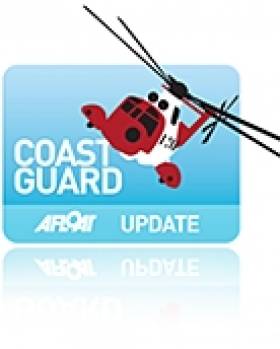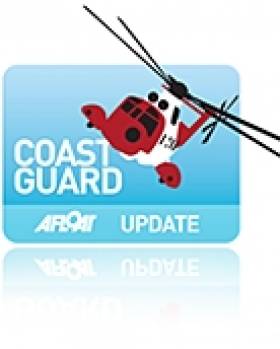Displaying items by tag: Stuart McMillan
NI First Minister Highlights Need for Local Knowledge Over Clyde Coastguard Closure Threat
#COASTGUARD - Northern Ireland's First Minister has highlighted the need for local knowledge in light of the threatened closure of the Clyde coastguard station in Scotland.
As previously reported by Afloat.ie, the control centre at Greenock is set to be scrapped under the UK government's plans to streamline Britain's coastguard network.
Some 31 jobs will be lost in the closure, while rescues on the River Clyde and western Scotland will in future be handled from Northern Ireland's Bangor station on Belfast Lough - which itself was saved from the chop following a review over the summer.
In a letter to MSP for West of Scotland, Stuart McMillan, First Minister Peter Robinson said that his and his government's concerns "centre on the safety of the people using our coasts and seaways, which could be jeopardised by the loss of local knowledge and experience."
McMillan welcomed his support, adding that "despite the consultation period being over, it is not too late for the UK Government listen to the growing number of voices saying that this must be reversed.
“Closing coastguard stations down including Clyde is a short-sighted and dangerous move which puts saving money over saving lives.”
Clyde Campaigners Hope for U-Turn on Coastguard Closure Proposal
Scottish campaigners have made their final pleas to save the Clyde coastguard station from closure, the Greenock Telegraph reports.
Under the UK government's plans to streamline Britain's coastguard network, the control centre at Greenock is set to be scrapped with the loss of 31 jobs, while River Clyde rescues will in future be handled from Northern Ireland.
As previously reported on Afloat.ie, Northern Ireland's only dedicated search and rescue centre on Belfast Lough was saved from the chop following a review of plans to reform the Maritime and Coastguard Agency's nationwide network.
A consultation on the propose closure concluded yesterday, and locals join staff, union leaders and politicians in hoping they can persuade the government to give Clyde a reprieve.
"Local knowledge and understanding are vital when dealing with emergency situations." said local MSP Stuart McMillan.
"To remove a committed and fully functioning coastguard service with expert local knowledge would leave a void that could not be filled by an over stretched centre in Belfast."
The Greenock Telegraph has more on the story HERE (registration required).

























































